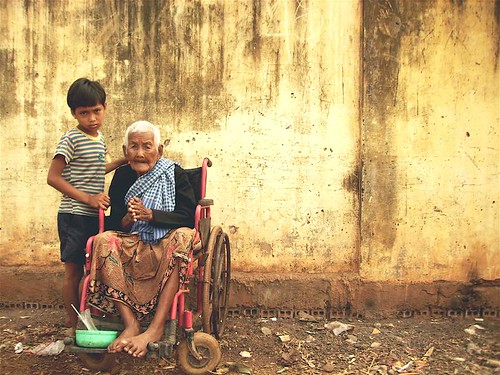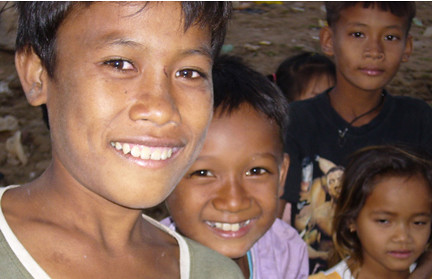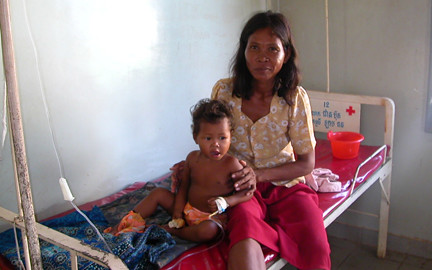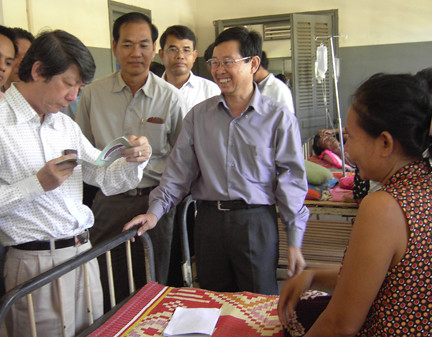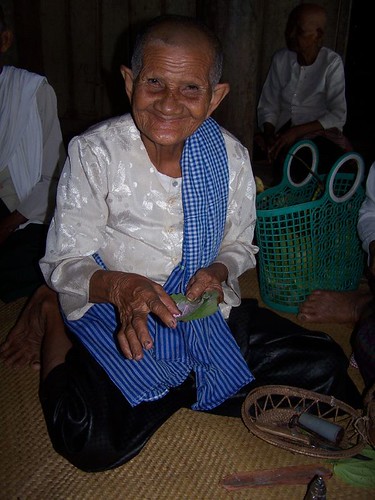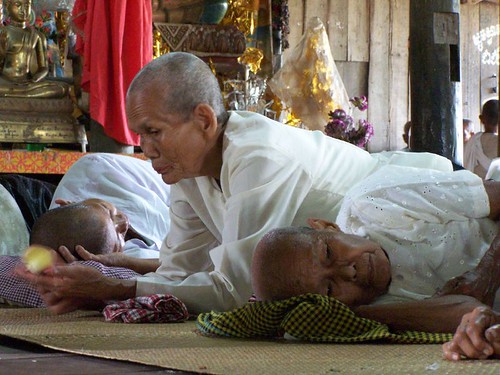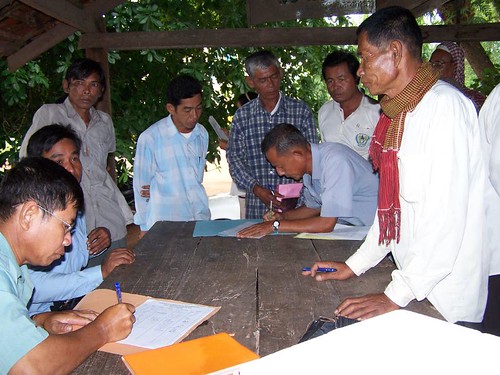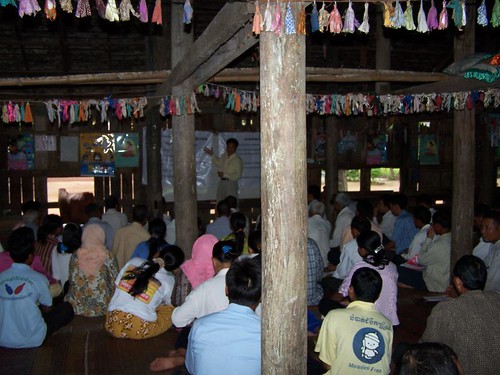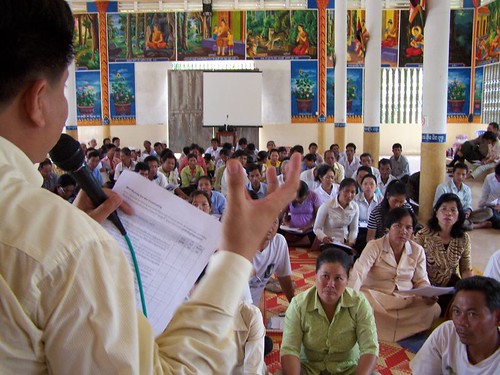
Design prompted by disturbing news from friends in Burma.
After decades of proclaiming itself the protector of Buddhism (to secure legitimacy), this regime repeatedly brutalises its peaceful, devout people. International pressure for concrete action is increasing, especially among ASEAN, which considers Burma strategically important. Its policy of non-interference may soon change as state failure carries widespread ramifications for the geopolitical stability of the region.
From within, severe economic contractions, rapidly deteriorating humanitarian conditions and a highly fragmented population are buckling this fraught state. Policy differences are rife within the junta, including growing competition among the ruling elite’s heirs. The one remaining institution allowed, Sangha (buddhist community), is not united. The political opposition represents few if any of the over 100 ethnically-riven communities. The current movement against the SPDC perhaps carries sustainable energy: despite a daily onslaught of arrests and killings, corroborated by state crematoriums running overtime, the protests continue…
There are no easy answers, but awareness and recognition of developments by the global community, given previous actions by this junta (e.g. the crackdowns of 1974, 1998), is one step in a helpful direction…
